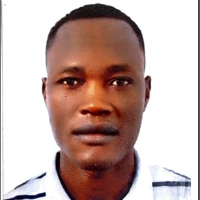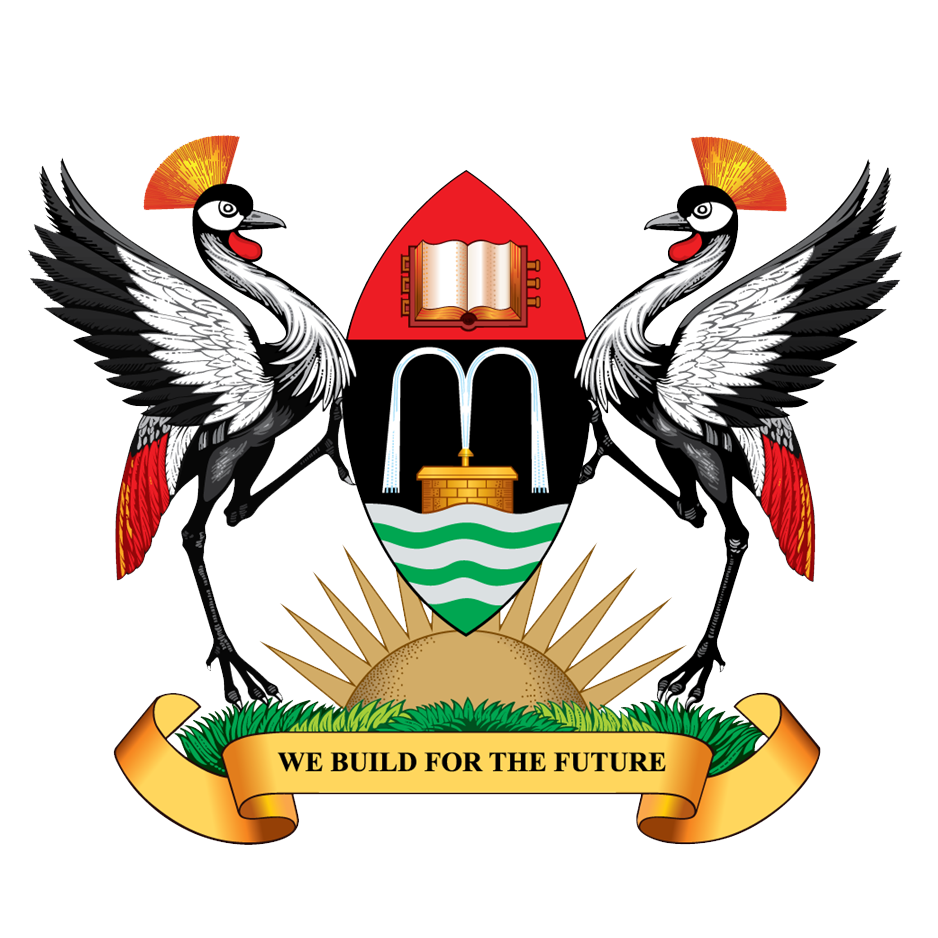pr.cns@mak.ac.ug

Dr. Nelson Ndugu, PhD
Short Biography
Dr. Nelson Ndugu is a Lecturer of Physics at Makerere University’s Department of Physics, where he specializes in Computational Physics, Aerosol Physics, and Quantum Mechanics. With a PhD in Computational Astrophysics, Nelson has shifted his research focus toward applying computational methods to address real-world challenges in Uganda, including sustainable development, education, and community-driven problem-solving.
Dr. Ndugu is at the forefront of AI and Large Language Model (LLM) applications in education, developing innovative tools to enhance learning and accessibility. His interdisciplinary work spans bioinspired physics, AI-driven modeling, and complex systems, bridging gaps between theoretical physics and practical societal impact.
Dr. Ndugu is committed to driving collaboration between academia, industry, and communities to ensure cutting-edge research is developed within universities and translated into tangible benefits. Connect with him to explore partnerships in AI, computational modeling, or physics education innovation!
Education Background
Dr. Nelson Ndugu holds a Bachelor of Science with Education (Physics & Mathematics) from Mbarara University of Science and Technology (MUST) (2011–2015).
He pursued his Master of Science in Physics through a joint program between Lund University (Sweden) and MUST (2015–2017), followed by a PhD in Physics as a collaborative initiative between the Max Planck Institute for Astronomy (Heidelberg, Germany) and MUST (2017–2020).
Complementing his core expertise, Dr. Ndugu has completed advanced training in AI Engineering, Machine Learning, Data Science, and Energy transition through hybrid and professional programs. He is currently finalizing his Master of Science in Entrepreneurship and Innovation with UNICAF University, an affiliate of the University of East London, UK.
Publications
1. Ndugu N, Bitsch B, Jurua E. Planet population synthesis driven by pebble accretion in cluster environments. Monthly Notices of the Royal Astronomical Society. 2018 Feb;474(1):886-97.
2. Ndugu N, Bitsch B, Jurua E. Are the observed gaps in protoplanetary discs caused by growing planets?. Monthly Notices of the Royal Astronomical Society. 2019 Sep;488(3):3625- 33.
3. Ndugu N, Bitsch B, Morbidelli A, Crida A, Jurua E. Probing the impact of varied migration and gas accretion rates for the formation of giant planets in the pebble accretion scenario. Monthly Notices of the Royal Astronomical Society. 2021 Feb;501(2):2017-28.
4. Andama G, Ndugu N, Anguma SK, Jurua E. Planetary core formation via multispecies pebble accretion. Monthly Notices of the Royal Astronomical Society. 2022 Feb;510(1):1298- 314.
5. Ndugu N, Abedigamba OP, Andama G. Planet population synthesis: the role of stellar encounters. Monthly Notices of the Royal Astronomical Society. 2022 May;512(1):861-73.
6. Andama G, Ndugu N, Anguma SK, Jurua E. The role of density perturbation on planet formation by pebble accretion. Monthly Notices of the Royal Astronomical Society. 2022 Jun;512(4):5278-5297
7. G Andama, N Ndugu, S K Anguma, E Jurua. The role of density perturbation on planet formation by pebble accretion. Monthly Notices of the Royal Astronomical Society. 2022 Jun; 512(4):5278–5297
8. Twongyirwe R, Fisher E, Karungi C, Ndugu N. Projected land use change in an oil-rich landscape in Uganda: A participatory modelling approach. The Extractive Industries and Society. 2022 June 1;10:101071.
9. Margani R, Ndugu N. From Local to Global: Navigating Linguistic Diversity in the African Context. arXiv preprint arXiv:2305.01427. 2023 May 2. 10. Ndugu N., Bitsch B., Lienert J. L., 2024, A&A, 691, A32
11. Ndugu, N., et al. (Accepted 2025). Chapter title. Book: Sustainability and Artificial Intelligence (Springer, forthcoming). Expected publication: [2025]
Mentorship / Supervision
Dr. Nelson Ndugu has an established track record in graduate mentorship, having successfully supervised one PhD student to completion in planetary sciences and multiple Master’s students in physics. He currently leads the supervision of a PhD candidate developing novel physics-inspired deep learning frameworks for advanced weather prediction systems. Additionally, he serves as co-supervisor for another PhD project in computational structural mechanics, demonstrating his interdisciplinary expertise. His supervisory approach combines deep theoretical foundations with cutting-edge applied research methods and inventories.
Projects /Grants
Dr. Ndugu is a recipient of the prestigious Max Planck Mobility Grant for international research collaboration. He serves as a core team member of EMPURECO (EMPowering Ugandan REfugee–Host Communities in Becoming Climate Resilient), a VLIR-UOS funded initiative developing climate-smart solutions for refugee-hosting communities through innovative adaptation strategies and multi-sectoral partnerships. Concurrently, he leads interdisciplinary research in Bioinspired Physics at the Physics Department, focusing on sustainable energy transition technologies, climate physics modeling, and IoT-enabled environmental monitoring systems. His work bridges fundamental research with practical applications to address pressing climate challenges.
Mentorship / Supervision
Dr. Nelson Ndugu has an established track record in graduate mentorship, having successfully supervised one PhD student to completion in planetary sciences and multiple Master’s students in physics. He currently leads the supervision of a PhD candidate developing novel physics-inspired deep learning frameworks for advanced weather prediction systems. Additionally, he serves as co-supervisor for another PhD project in computational structural mechanics, demonstrating his interdisciplinary expertise. His supervisory approach combines deep theoretical foundations with cutting-edge applied research methods and inventories.
For a detailed CV please click here


